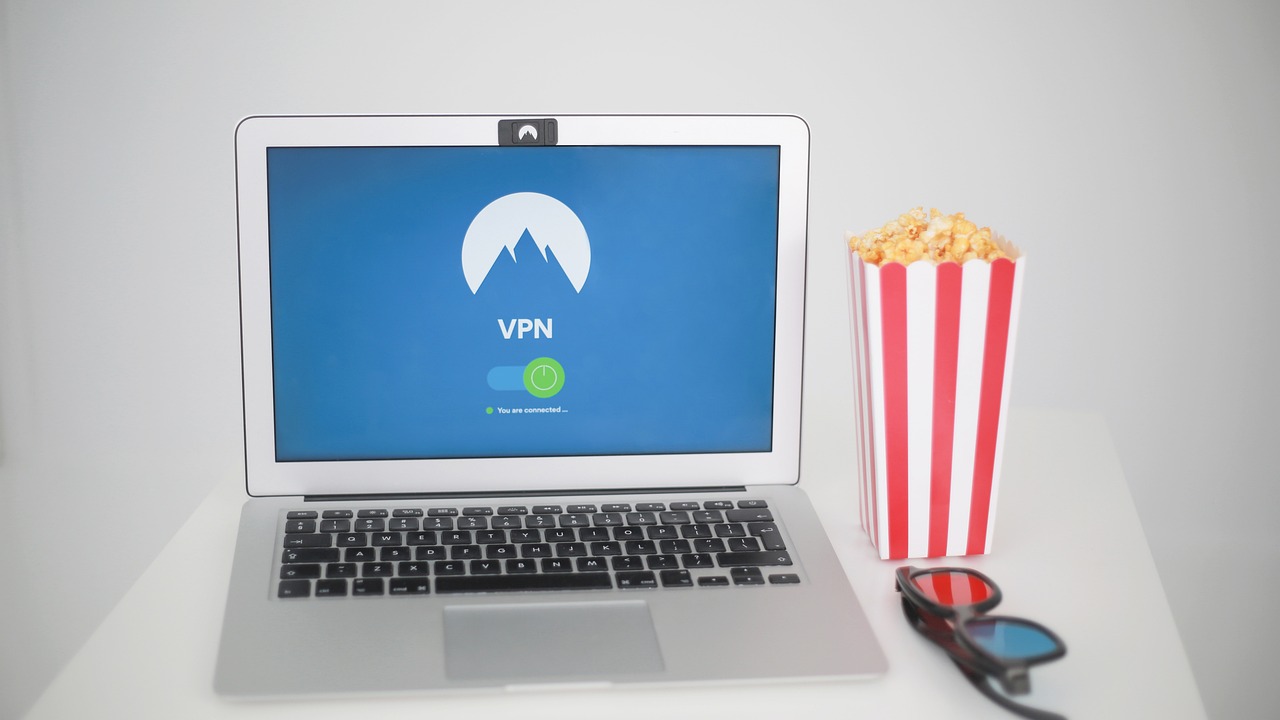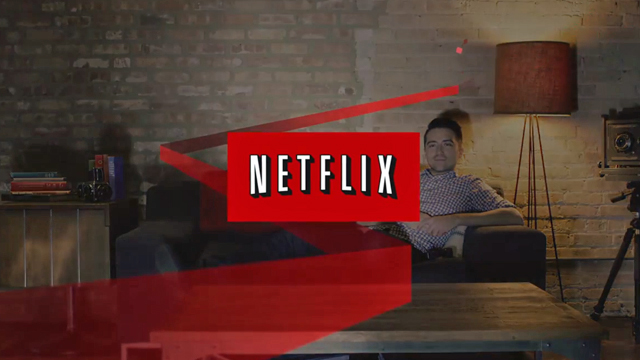
Free VPNs are handy in a pinch – especially if you need a quick privacy boost – so you might wonder if they can keep up with HD streaming, too.
The unfortunate truth is that free services come with a lot of limitations (including rather stingy monthly data caps). The best VPNs, on the other hand, not only offer unlimited data and superior unblocking, but they also boast better security credentials, features, and user experience. Plus, the majority of them are also very reasonably priced, making them better overall choices than unreliable free providers.
Keep reading, and I'll dig into why I don't recommend free VPNs for streaming, their main shortcomings, and some of the best premium VPN alternatives.
Free VPNs vs. premium VPNs
VPNs (Virtual Private Networks) are privacy tools that encrypt your online traffic by routing it through one a secure VPN server (instead of your ISPs servers) so that any data you send over the internet remains secure and unreadable.
VPNs also hide your original IP address by assigning you a new, temporary one, allowing you access to geo-blocked content (yep, this includes streaming services like Netflix) to and from anywhere in the world.
How? Well, sites like Netflix will read your shiny new IP address and serve up the region-specific content based on the server you chose. So, pick a US VPN server and you'll see everything that's available on US Netflix.

Want to make the most of your Netflix subscription? A VPN can help. Check out our guide to the best VPNs for Netflix to learn more.
Unfortunately, free VPNs just can't keep up with today's best streaming VPNs. This is, in part, thanks to the resources that premium VPNs have.
By paying a subscription fee, you’re helping the VPN develop more privacy-boosting features and maintain its server infrastructure. A paid-for VPN's ability to charge a premium is directly dependent on the quality of its service, meaning it's incentivized to keep improving, too.
Types of free VPN
Does everything I've discussed so far mean all free VPNs are shams? Well, no, but a lot of it depends on the type of free VPN you're talking about – they're not all made equal.
The try-before-you buys
These free VPNs are offshoots, or "freemium" versions, of premium services designed to tempt users into upgrading to a paid plan by offering a limited number of features.
They're usually legitimate seeing as they're designed to impress users just enough to leave them wanting more – and go for that paid plan.
However, these services are just not as powerful as premium VPNs owing to their sluggish speeds, limited bandwidth, fewer server locations and features, and weak (if not completely absent) unblocking power. Not only that, but some of them can also resort to selling user data to advertisers and other third parties to remain in business in lieu of a subscription model.
Outright scams
Some free services (mostly those that only offer a free VPN, meaning there aren't any paid plans to upgrade to) exist solely to steal user data and sell it to the highest bidder to make a profit.
The logic here is simple: these services have to make money from somewhere and, unlike paid VPNs, they don't offer genuine products that can be sold to users.
They typically lack encryption (or may only have weak 128-bit encryption – as opposed to industry-standard 256-bit) and essential privacy features such as a no-logging policy, DNS leak protection, and kill switch, and show an annoying number of ads.
It's also worth noting that some free VPN apps are outright dangerous in that they're Trojan horses for malicious software – meaning downloading them can inject malware into your device and allow access to hackers.
Limitations of free VPNs
Free VPNs are, quite frankly, not as reliable as premium providers – regardless of whether we're talking about security, speed, streaming, or overall quality of service.
Let's dig deeper into the differences and the various limitations that plague free services.
Data caps/monthly limitations
Free VPNs often impose strict monthly data caps of around 10 GB per month. This won't go far if you plan on using the VPN every day or stream frequently.
Some free VPNs, like PrivadoVPN Free, do let you continue using the service even if you hit your monthly data cap – but at massively reduced speeds. Naturally, this isn't what avid streamers will want to hear.
Premium services, on the other hand, don't come with data caps, meaning you can use them for just about any high-bandwidth task (streaming, torrenting, gaming) for as long as you want.
Free VPNs often impose strict monthly data caps
Besides streaming, the unlimited bandwidth facility of a paid-for VPN will also allow you to keep an active VPN connection at all times – extremely useful when you're out and about outside the security of your home network.
Low server count
Free VPNs typically restrict users to a smaller selection of servers, making geo-spoofing harder to achieve. Where paid-for VPNs offer thousands of servers in hundreds of locations around the world, free services limit your IP-hopping capabilities to around 10 servers in anywhere between 1-13 locations.
Low server count also results in server congestion, which further reduces connection speeds and makes it difficult to have an enjoyable streaming experience without buffering or lag.
Unreliable unblocking power
Even free VPNs that come with an unlimited amount of data, or those that offer a generous amount of servers and unblocking capabilities, can’t unblock the same spread of streaming platforms as premium services. Most free VPNs, by the way, can't unblock any streaming services at all.
This is because premium VPNs invest heavily to stay ahead of streaming services blacklisting VPN IPs.
For instance, Netflix detects and blocks VPN use by employing a suite of sophisticated VPN blocking tools to sniff out IP addresses associated with a VPN. It then puts these IPs on a blocklist, hampering the VPN's ability to unblock the platform in regions where it's geo-blocked.
Most free VPNs can't unblock any streaming services at all
Paid-for services also use VPN obfuscation to circumvent virtual private network blocking and VPN bans. It hides the fact that you're using a VPN by removing any traces of VPN usage in your online traffic, making it look like a normal connection.
Besides streaming, this comes in clutch for users in privacy-unfriendly countries, too, that are rife with ISP and government surveillance and may block access to social media platforms and news outlets.
Suspect privacy
Free VPNs are not zero-cost; you pay for them with your privacy. As mentioned earlier, free VPNs often offer sub-standard security: they can lack industry-standard encryption, may log your activities, keep track of what you do, and sell your sensitive info to advertisers and data brokers.
The best paid-for services not only come with strict zero-logs policies, but they also undertake independent third-party audits at regular intervals to prove their claims.
Furthermore, free services don't support the same number of VPN protocols as their premium counterparts. Where most free VPNs only offer OpenVPN, a longstanding favorite of the VPN sphere, paid-for providers use the modern and faster WireGuard protocol, and the best in the business, like NordVPN and ExpressVPN, even offer their own protocols: NordLynx and Lightway, respectively.
Even worse, some free VPNs operate as P2P networks, which means that they route your traffic and data through another user’s device and vice versa.
Needless to say, this is a massive privacy and security pitfall, as it may open your device up to malware and DNS attacks.
Lack of features
The best part about today’s premium VPNs is that they're often more than VPNs, as they also often come with ad-blockers, malware protection, dedicated streaming servers, dark web monitoring, password managers, etc.
Free services, on the other hand, don’t have the subscription income to invest in these ancillary features, and the best you can hope for with a free VPN is that it doesn't log and sell your data.
Free services don’t have the subscription income to invest in extra features
What's more, premium services also offer 24/7 customer support via live chat and email, and the ability to cover multiple devices with a single subscription. In fact, some of them also come with unlimited simultaneous connections, allowing your entire family to stream geo-blocked content on their devices for no extra cost.
Prompt assistance is important because there's always a chance you run into an issue when using the VPN, especially if you're a beginner – and unlimited connections allow you to protect every single device in your household for no extra cost. These features are, as expected, absent in most free VPNs.







